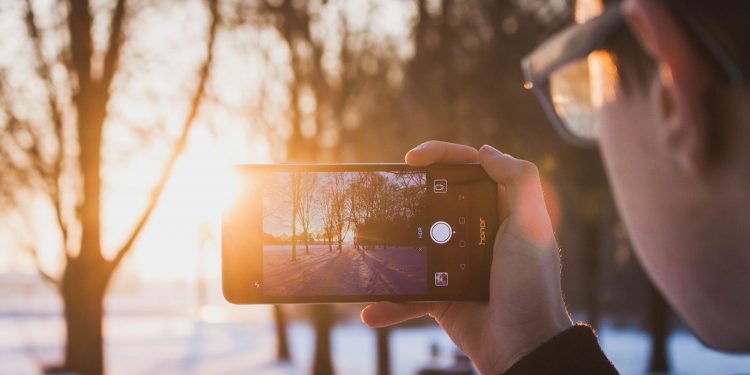Think you have nothing to hide online? That belief could be your biggest security risk. Here’s why privacy matters — even if you’re not doing anything wrong.
“I’m Not Doing Anything Wrong, So Why Should I Care?”
It’s a phrase we’ve all heard — maybe even said ourselves:
“I have nothing to hide.”
It sounds logical. If you’re not breaking the law or engaging in shady behavior, what’s the harm in being watched, tracked, or recorded?
The problem? This mindset plays right into the hands of hackers, corporations, and even governments who thrive on your complacency. Believing you have nothing to hide is like saying you don’t need locks on your doors because you’ve never been robbed.
Let’s unpack why this myth is not only wrong — but dangerous.
- Privacy Is About Control, Not Secrecy
Saying “I have nothing to hide” assumes that privacy is only for criminals. But privacy is really about choice.
- You choose what photos to post.
- You choose who sees your texts.
- You choose what parts of your life to keep personal.
When that control is taken away — whether by hackers, advertisers, or data leaks — it’s not about hiding something shameful. It’s about losing the right to decide what’s yours.
- Your Data Can Be Used Against You — in Ways You Never Expected
You might not think twice about sharing:
- Your location history
- Your search terms
- Your spending habits
- Your social media activity
But when all this information is combined, it can be used to:
- Influence what ads you see (and what prices you pay)
- Predict — and manipulate — your decisions
- Deny you insurance or loans based on behavioral patterns
- Even determine if you’re a “risk” to an employer or government system
Data doesn’t have to be sensitive to be exploitable.
- Once It’s Out There, You Can’t Get It Back
We live in a world where one exposed email or leaked password can lead to:
- Identity theft
- Financial fraud
- Blackmail
- Stalking or harassment
By saying “I have nothing to hide,” you downplay the real-life consequences of your data falling into the wrong hands. And sadly, it only takes one breach.
- Normalizing Surveillance Erodes Everyone’s Freedom
The more we accept constant surveillance as “normal,” the less we question it.
- Facial recognition in public spaces
- Smart devices listening in at home
- Employers monitoring every keystroke
- Governments expanding digital tracking
If people keep saying they have nothing to hide, we risk building a society where privacy isn’t the default — it’s suspicious.
- Today’s “Nothing” Could Be Tomorrow’s Target
History has shown us that the line between “legal” and “illegal” can shift quickly — often for political, cultural, or ideological reasons.
What’s harmless now could become problematic in the future:
- Your political views
- Your sexual orientation
- Your religious beliefs
- Your health status
The idea that only “bad people” need privacy is a trap — because what’s “bad” is always changing.
Privacy isn’t about hiding something wrong — it’s about protecting your dignity, safety, and freedom in a connected world. The “I have nothing to hide” myth is not only flawed; it’s dangerous because it lets others decide how much privacy you deserve.
The truth is: everyone has something to protect.
So the next time you hear someone say they have nothing to hide, remind them — it’s not about secrets. It’s about rights.





